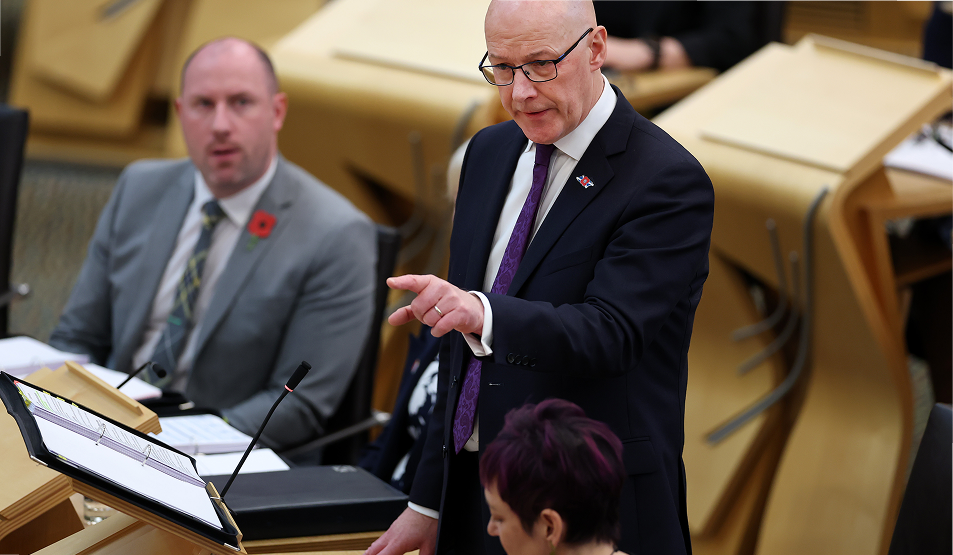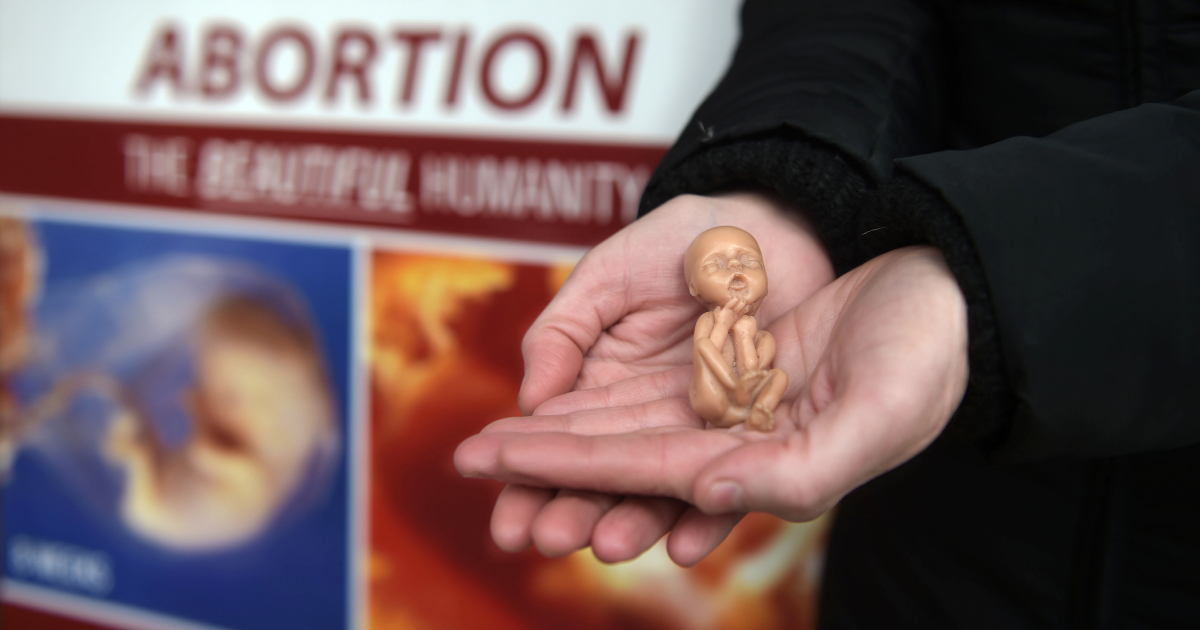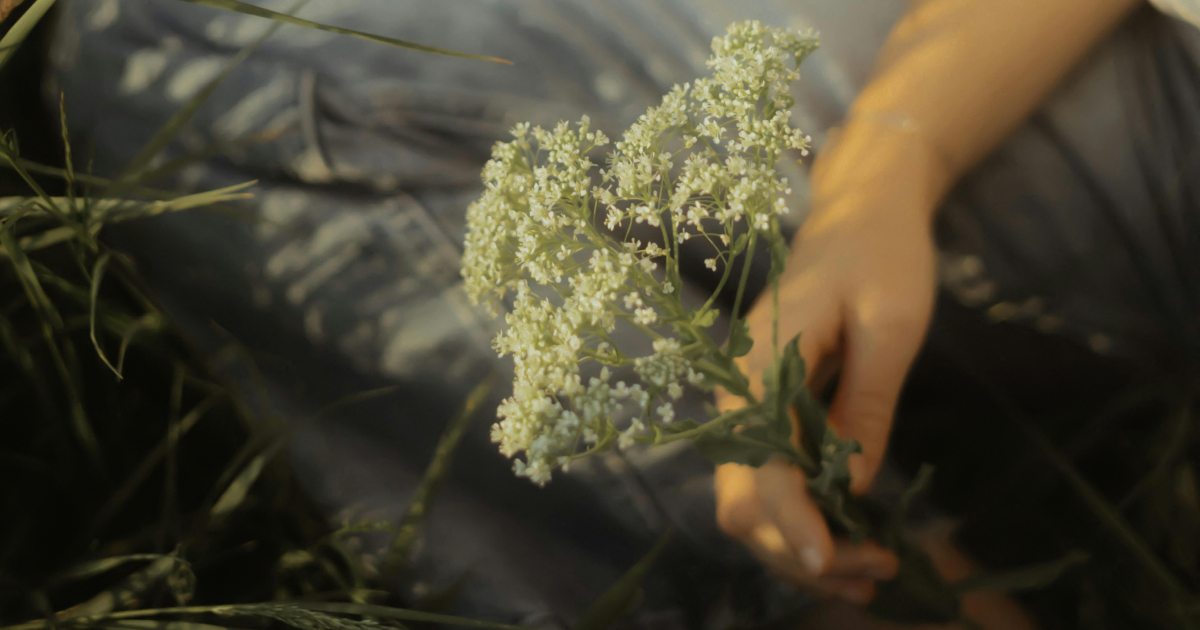A Scottish Government-commissioned review has triggered a fierce political backlash after recommending that sex-selective abortion should not be explicitly prohibited in future legislation.
The review, ordered by former First Minister Humza Yousaf and led by Prof Anna Glasier, argues that updated legislation should make “no specific reference… to sex-selective abortion”, a shift that would remove any legal barrier to abortions carried out because the unborn child is a girl. Sex-selective abortion is currently treated as illegal across Britain because it does not fall within the lawful grounds set out in the Abortion Act.
Under the recommendations, abortion before 24 weeks would be permitted for any reason, with no grounds required. After 24 weeks, termination would depend on the judgement of two healthcare professionals — who could be nurses or midwives rather than doctors — assessing whether it is “appropriate” in light of a woman’s physical, psychological or “social circumstances”.
This broad and subjective test could enable full-term abortions on social grounds alone, including for sex-selective reasons, without any requirement to record them.
The report also calls for “no offences for anyone ending their own pregnancy”, erasing criminal penalties for self-performed abortions at any stage of gestation. The majority of the expert group’s members have links to Britain’s largest abortion provider, BPAS, suggesting that ministers are outsourcing policy to activists.
Reactions from Westminster and Holyrood have been stark. Kemi Badenoch dismissed the idea as “a totally disgusting” proposal, while Claire Coutinho said, “killing babies because they are the ‘wrong’ sex is a dystopian nightmare.”
Suella Braverman condemned a “morally repugnant” attempt to “appease certain minority groups that prefer boys over girls”. Jeremy Balfour MSP warned that the proposals “would allow sex-selective abortion right up to birth… an extreme departure from European norms that puts women at risk and leaves unborn children with no protections at all”.
Media commentators have also sounded the alarm. Sonia Sodha said the recommendations were “so worrying”, while Kathleen Stock observed: “Aborting a baby because it’s a baby = silence. Aborting a baby because it’s a girl = howls of outrage.”
Pro-life advocacy group Right To Life UK described the review as “one of the most extreme in UK parliamentary history”. Catherine Robinson said polling showed the proposals were “widely opposed by women” and urged ministers to reject what she called an “inhumane change to the law”.
Jenni Minto, Scotland’s Minister for Women’s Health, said the Government would “take time to carefully consider all the findings”. The review marks only the first stage of a wider process, but the scale of the backlash suggests that any move towards liberalisation will face sustained and determined resistance.
The move comes as the United Kingdom is seeing pro-life attitudes become more common. The UK’s March for Life had another record-breaking year, with thousands taking to the streets of London to oppose abortion.
Similarly, a recent Ipsos poll found that young people are increasingly pro-life. Women aged 16–34 are significantly more likely to hold pro-life views than their older counterparts: 26 per cent of young women said abortion should be illegal in all or most cases, compared with just 13 per cent of women aged 55–75. Among men, the contrast was even starker, with only 46 per cent of those aged 16–35 supporting abortion, compared with 82 per cent of men aged 55–75.
Whilst sex-selective abortion has been a point of concern across the UK, particularly the fear that some immigrant groups may be aborting girls in favour of boys, the ratio of boys to girls at birth remains steady across the country.
Internationally, the picture is more complex. South-East Asian cultures, particularly India and China, show a clear bias towards baby boys. According to the Pew Research Center, between 2000 and 2019 India had around 9 million “missing girls” due to sex-selective abortion. Research projecting forward shows that between 2020 and 2030 the country may see up to 6.8 million fewer female births due to continued sex-selective abortion practices.
The Scottish Government’s pro-abortion narrative remains contentious and increasingly out of touch with social attitudes. The significant majority of the British public remain opposed to sex-selective abortion, with a Savanta ComRes poll finding that 91 per cent of women agree that gender-selective abortion should be explicitly banned by law.
(Photo by Jeff J Mitchell/Getty Images)

















